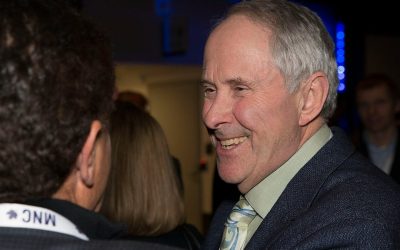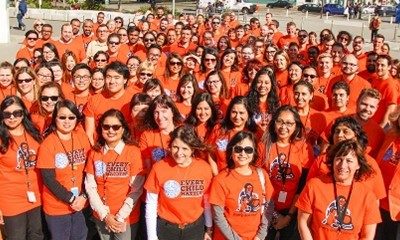Frontier Senior Fellow Brian Giesbrecht on the Richard Syrett radio show on July 2, 2024. Giesbrecht questions why Prime Minister Minister Trudeau continues to claim that unmarked graves were found on the grounds of Kamloops Indian Residential School after the Kamloops Indian Band has finally admitted that only “soil anomalies” were found, and not the human remains that they originally claimed. (17 minutes)



